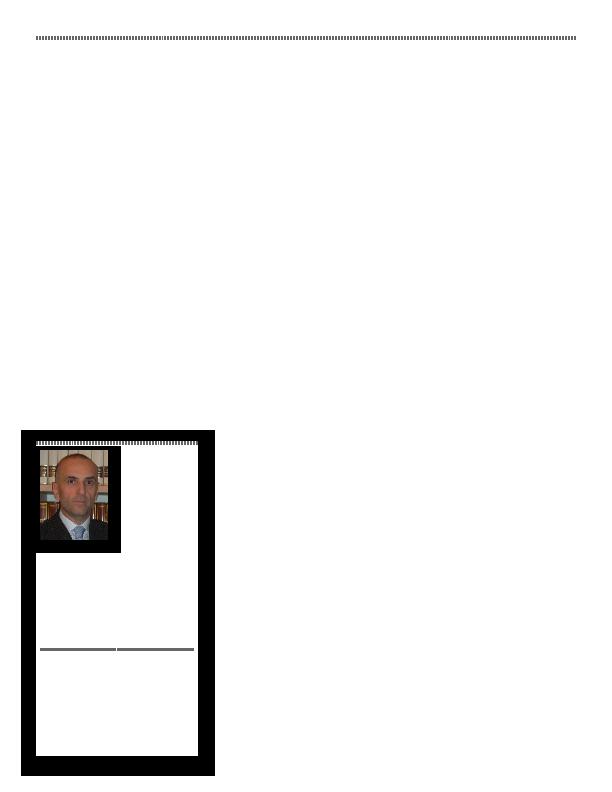
become an Airbnb host in Italy, it is
important to understand the local laws
that govern the matter.
In Italy, the so-called "Code of
Tourism" (established by Legislative
Decree no. 79 of 2011) is in effect, but
some cities and regions have specific
laws that limit or differently regulate the
possibility of accommodating people for
short periods of time upon remuneration.
In many Italian cities, it is necessary
to apply for enrollment in specific local
government bodies in order to obtain
a permit or a license before posting an
advertisement or receiving guests with
payment. Some real estate short-term
rentals may even be forbidden, and local
penalties, which, depending on the case,
may reach tens of thousands of euros.
In general, we must never forget that
all hosts are obliged to register their
guests' personal data and communicate it
to the local police headquarters (Questura)
for security reasons. This must be done
through the website "Portale Alloggiati" at
the time of check-in.
You must request a username and
password to access the website (Portale
Alloggiati) in advance, either online
or at the offices of the local police
headquarters.
Real estate short-term rental contracts,
which can never last more than 30 days,
must be drawn up in writing, even in a
very simple way. On the web, you can
easily find formats to use. These contracts
are not subject to mandatory tax by the
Italian Revenue Office (Agenzia delle
Entrate).
It is possible to become an Airbnb
host even if you are not the owner of the
property, as it is sufficient for you to be
the tenant. In this case, subletting (even
for short periods as an Airbnb host) must
be expressly provided for in the lease
agreement.
Regarding the taxation of real estate
short-term rental contracts, remember
that all incomes produced in Italy must be
subject to taxation by the Italian Revenue
Office, with the application of tax rates
that can reach up to 43 percent.
It is possible to apply for tax
deductions (for example: the costs of
restructuring and adapting the property to
the laws applicable from time to time or
Airbnb commissions).
It is also possible to opt for the
application of a fixed tax rate of 21
but in this case, it will not be possible
to deduct any cost, including Airbnb
commissions.
In addition, there are additional local
tourist taxes ("Tasse di Soggiorno") that
may vary from city to city.
Also, remember that in Italy, even in
the case of real estate short-term leases
(such as for Airbnb), it is mandatory to
comply with specific regulations about
the safety of systems (power, gas, etc.)
servicing the property and fire prevention.
It is also necessary to have specific
and adequate insurance coverage for
possible damages to guests that is not
generally included in the insurance that
may be offered or provided by Airbnb.
Very often, depending on the local law
requirements, you need to have an Italian
VAT (value added tax) number.
This is what we can say in brief and in
general. Specific rules, as we said before,
apply in the different Italian regions and
even in the different municipalities.
many local laws, but in general, we
can say that you must first submit an
administrative statement to the technical
department (Ufficio Tecnico) of the
concerned municipality. This statement
is called SCIA (Segnalazione Certificata
Inizio Attivitą). It must be filed to the
Public Administration Authority when
you are about to start a specific activity
for economic purposes regarding the
so-called CAV (Case e Appartamenti per
Vacanza, which means holiday building
and apartments).
legale e tributario, where he focuses his
practice in the areas of civil law and litigation,
commercial law, real estate law and real estate
profiles related to extraordinary transactions.
Piazza Borromeo, 12
Milan, Italy 20123
fdl-lex.it